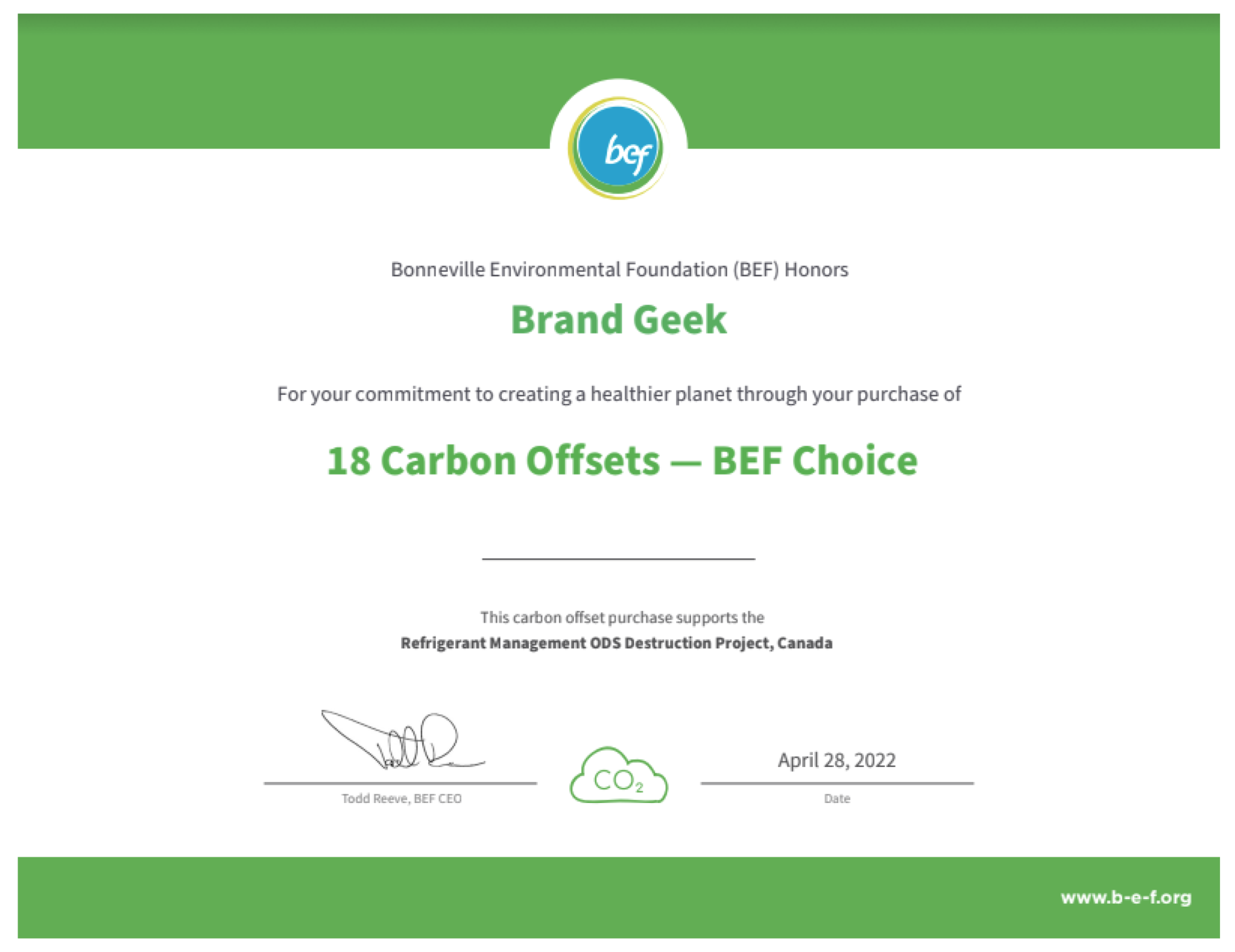Brandgeek proudly supports Mountain Area Preservation and is humbled to be…
Geekview IP Weeks(ish) in Review

On April 13, 2012 the USPTO completed its review of 6 new intent to use trademark registration applications filed by Neil Young on June 6, 2011, all for identical goods and services:
[framed_box] “audio and video recordings featuring music and artistic performances; high resolution music downloadable from the internet; high resolutions discs featuring music and video of music and artistic performances; pre-recorded digital media containing audio and video recordings featuring music and artistic performances for storage and playback” and“on-line and retail store services featuring music and artistic performances, high resolution music downloadable from the internet, high resolutions discs featuring music and video, and pre-recorded digital media featuring audio and video recordings for storage and playback.” [/framed_box]
The marks are: SQS; IVANHOE; 21ST CENTURY RECORD PLAYER; EARTH STORAGE; STORAGE SHED AND THANKS FOR LISTENING. It’s hard to imagine all these marks being used on just one type of technology or in connection with a single on-line retail store. So, why so many? My guess is that these are options from which a single technology, store name and tagline will emerge. A search of the USPTO’s patent database did not reveal any patents (pending or registered) in Neil Young’s name, increasing the mystery. And at the same time, it’s no mystery that counterfeiting doesn’t pay . . .
Nail salon with unclean hands gets spanked by Coach.

Coach is seeing red while nothing is coming up rosy for Rose Nails, LLC. Granted, we only hear about counterfeiting operations when they’ve been busted, but busts often result in forfeitures, civil penalties and even prison time, not to mention the private causes of action brought by the brand owner. I’m surprised that people decide the potential revenue is worth the risk. Coach recently filed a federal lawsuit against Alabama business Rose Nails and its owner, Dung V. Nguyen (who goes by Van, of course) for counterfeiting, trademark infringement, false advertising, false designation of origin, dilution and copyright infringement. According to the complaint, Coach owns 47 trademark registrations that contain the word COACH in the mark or pseudo mark. Coach also owns copyright registrations for at least two of its logos. Defendant Rose Nails apparently sold Coach’s investigator a counterfeit bag for $80 giving rise to the suit in which Coach seeks preliminary and permanent injunctions, plus $2,000,000 per counterfeit mark per type of infringing products, plus statutory copyright damages, plus actual and punitive damages, plus attorney’s fees, investigatory fees and costs. Hardly seems worth it, even at 99% profit, since profit is something Mr. Nguyen is unlikely to see ever again. Coach isn’t the only one seeing red . . .
A friendship hangs in the balance in battle of kings.

C&D letters are a sure way to sour a friendship. When the recipient of the C&D letter responds via lawsuit, then you know things have really gone south. Unfortunately (as the complaint repeatedly reminds us) that is just what happened to Michael Zanetis and Riley B. (B.B.) King (yes, that B.B. King). The trouble started when Zanetis wrote a screenplay about his friendship with B.B. Over 30+ years, B.B. mentored Zanetis who in return helped B.B. King get a star on the Hollywood Walk of Fame. B.B. even autographed a copy of Zanetis’s screenplay — B.B. King and I — in 2007. When the film began to get press in 2011, King’s attorney sang a different tune, sending Zanetis and his production company, King Size Film Productions (KSFP), a demand letter instructing them to immediately: (1) cease use of B.B.’s name in the name of the film and advertising and promotion thereof; (2) cease use of B.B.’s likeness from the <bbkingandi.com> website and domain name; (3) agree not to use B.B. KING’s name in connection with any goods or services, including the film and; (4) transfer the <bbkingandi.com> domain name to B.B. King. Once negotiations failed, KSFP responded with a declaratory judgment action against B.B. King and Kingsid Ventures seeking a ruling from the court that will allow KSFP to continue marketing and production of its film, along with seeking treble (triple) damages and attorneys’ fees. Despite B.B.’s fame, the entertainment media quickly shifted its sights to some recently filed trademark registration applications . . .
What’s all the fuss?

Will the Skyrim intellectual property protection play cause a skirmish within the interactive gaming community? In the parallel universe of action role-playing games, there exists a series of games called The Elder Scrolls. The most recent installment in this game series is The Elder Scrolls V: Skyrim. The Elder Scrolls are published by ZeniMax Media, a video game publisher that creates and publishes original interactive entertainment content for video gaming devices. Bethesda Game Studios is the development studio under ZeniMax that is responsible for The Elder Scrolls series. FUS RO DAH is a powerful dragon shout that gives its user magic powers, more or less. FUS RO DAH also has become a meme, according to the Cheezburger Network’s website, Know Your Meme. Perhaps recognizing the commercial value of a meme, ZeniMax recently filed 6 new trademark registration applications with the USPTO to protect FUS RO DAH for video games, printed materials, bags, clothing, toys & sporting equipment & entertainment services. Would-be-infringers, beware; even Muscle Milk won’t help you recover from the wrath of the power of dragons, which ZeniMax clearly has on its side . . .
Muscle Milk: good for us or just for CytoSport’s bottom line?

Spin is what recently got Muscle Milk into trouble with consumers. Well, kinda. When the “spin” is in advertisements, we call it false advertising and it’s actionable in a court of law. Enter the class action lawyers, who possess a unique gene that enables them to produce endorphins through litigation instead of exercise. This past July, with the help of class action lawyers, Claire Delacruz filed a lawsuit against CytoSport, the maker of Muscle Milk, alleging false advertising, unfair competition, violation of the CLRA, fraud, negligent misrepresentation and unjust enrichment based on Muscle Milk’s health-related claims. CytoSport moved to dismiss the lawsuit and on April 11, 2012 the U.S. District Court for the Northern District of California dismissed all but one plaintiff’s claims. However, the dismissal is only temporary, as it was made with leave to amend, allowing Ms. Delacruz and her legal team to “file an amended complaint within seven days, remedying the defects addressed above if she is able truthfully to do so without contradicting the allegations in her original complaint.” Not much of a reprieve for CytoSport, which must be exhausted from fighting a California Proposition 65 class action lawsuit in Los Angeles Superior Court wherein the court recently approved a settlement enabling consumers who purchased any Muscle Milk®, Monster Milk®, CytoMax®, or Mighty Milk® product between June 4, 2006 and January 5, 2012 to file a claim to receive “up to $20.” Hopefully, CytoSport’s legal team is being fueled by a free supply of Muscle Milk in to help recharge their batteries. If not, maybe they can turn to Duracell . . .
Trusted Everywhere. Except maybe federal court.

Nowadays, class action lawyers file false advertising lawsuits as frequently as one had to change batteries in the first generation of portable cassette players, which is to say daily. This time it is Procter & Gamble — maker of Duracell brand batteries — that finds itself on the defensive over Duracell’s premium-priced Ultra Advanced and Ultra Power batteries. Plaintiff, James Collins is charged up over the fact that these supposedly premium batteries have no material difference in battery life from Duracell’s competing lower-priced batteries. Collin’s lawsuit against P&G seeks an order enjoining defendants from engaging in the false advertising of their products; imposition of a constructive trust over the compensation P&G realized from the deceptive advertising, interest on the judgment and attorneys’ fees and costs. Although this surely will settle as most class action lawsuits do, the case is sure to cost the Copper Top a pretty penny.
 Time and again in false advertising class action lawsuits, companies that charge a premium without delivering superior performance get sued. Another important lesson from this week’s Geekview — contracts are for friends (just because someone autographs your script doesn’t mean they authorize it; best to get it in writing if you wanna stay friends.)
Time and again in false advertising class action lawsuits, companies that charge a premium without delivering superior performance get sued. Another important lesson from this week’s Geekview — contracts are for friends (just because someone autographs your script doesn’t mean they authorize it; best to get it in writing if you wanna stay friends.)





Comments (0)